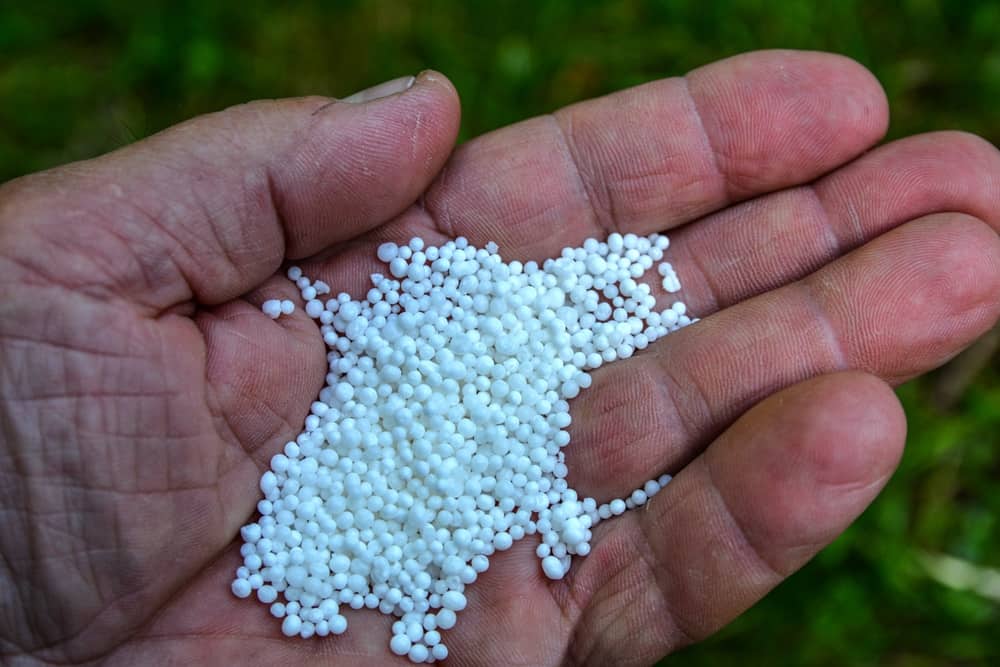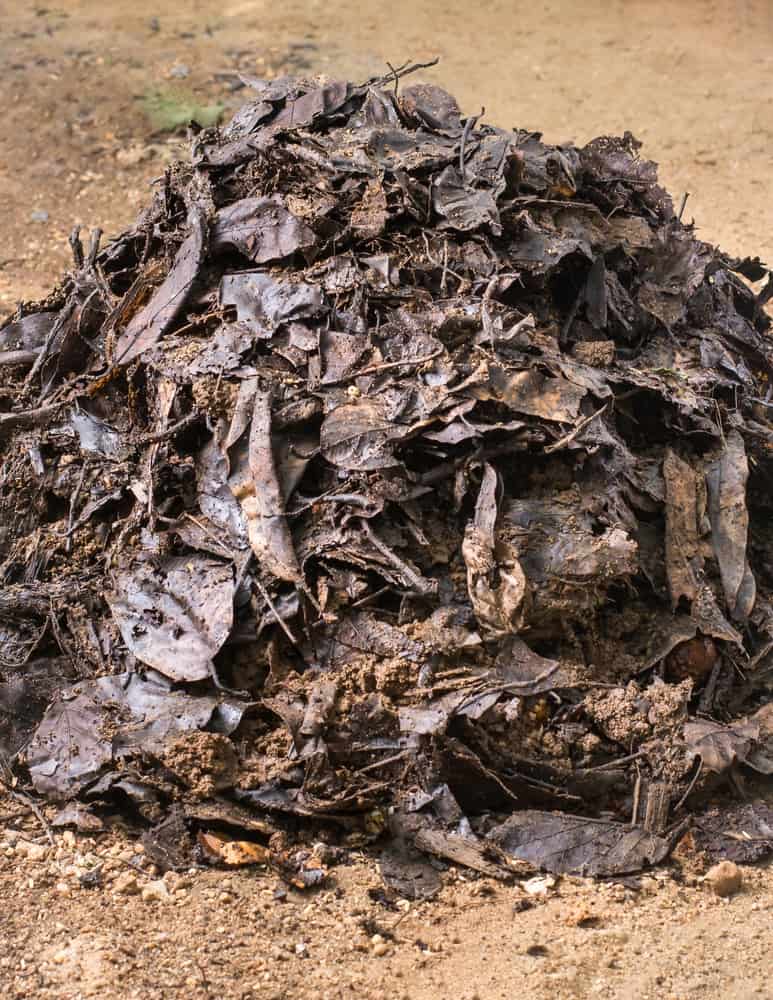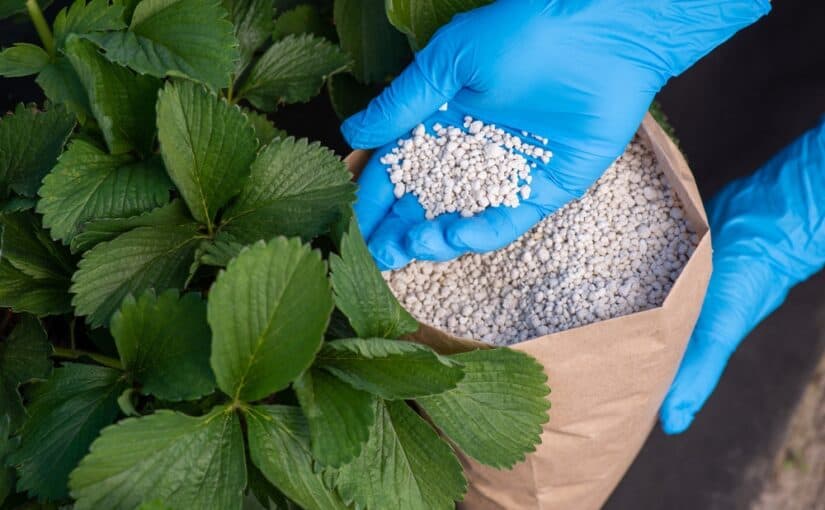Fertilizers are an important part of keeping your garden healthy and lush. But with so many different types and formulas available, it can be hard to know when to use them.
In this blog post, we’ll give you a crash course in all things fertilizer so that you can make sure your garden is getting the nutrients it needs to thrive.
Types of Fertilizers
There are three main types of fertilizers: chemical, organic, and manure-based.
Chemical fertilizers are made from synthetic materials and minerals and can be purchased at most garden stores. They are typically high in nitrogen, which is essential for leaf growth.

Organic fertilizers are made from natural materials like composted leaves or manure. Manure-based fertilizers are, as you might have guessed, made from manure. They are rich in nitrogen, phosphorus, and potassium, which are all essential for plant growth.

When to Use Fertilizers
Fertilizers should be used when plants are actively growing. For most plants, this means using fertilizer in the spring and summer months.
However, there are some plants that benefit from fall fertilization, so be sure to do your research before applying any fertilizer to your garden beds.
How to Use Fertilizers
When using chemical fertilizers, always follow the manufacturer’s instructions on how much to use and how often to apply it.
With organic and manure-based fertilizers, you can generally apply them more liberally since they aren’t as concentrated as chemical fertilizers. However, it’s still important not to overdo it. A little bit of fertilizer goes a long way. To err on the side of caution, start with half the recommended amount and work up from there if needed.
Conclusion
Fertilizing your garden beds is a great way to give your plants a boost of nutrients and help them thrive. With so many different types of fertilizers available, it can be hard to know when and how to use them.
But armed with this knowledge, you’re ready to get out there and start giving your plants the nourishment they need.
